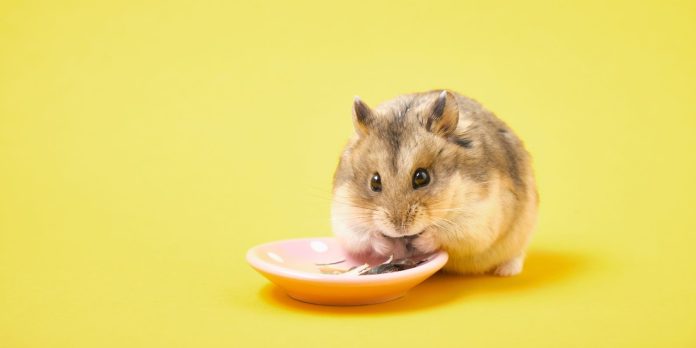Hamsters are known for their cute and cuddly appearance, but they can exhibit behaviors that are puzzling and sometimes disturbing to us as pet owners. One such behavior is the consumption of their own offspring. This article delves into the reasons behind this behavior and how you can prevent it.
Stress and Environmental Factors
Stress plays a significant role in why a hamster might eat its babies. Factors contributing to stress include a noisy environment, frequent cage disturbances, and inadequate living conditions. Ensuring a peaceful and stable environment is key to preventing stress-related behaviors.
The Role of a Clean Hamster Cage
Maintaining a clean hamster cage is crucial. A dirty cage can lead to increased stress and health problems, potentially triggering this behavior. Regular cleaning, however, should be balanced with not overly disturbing the hamster, especially soon after giving birth.
Nutritional Deficiencies
Sometimes, a hamster may eat its offspring due to a lack of essential nutrients. This behavior can be an instinctive response to nutritional deficiencies, where the mother attempts to reclaim nutrients.
Importance of a Balanced Diet
Providing a balanced diet rich in protein and essential nutrients is vital. Pregnant and nursing hamsters have higher nutritional needs. Ensuring they have access to adequate food can reduce the likelihood of this behavior.
Natural Instincts
In the wild, hamsters eat their young to protect them from predators, especially if the nest is threatened. While this instinct can seem unnecessary in a safe home environment, it’s deeply ingrained in their behavior.
Creating a Safe Nesting Space
Replicating a secure nesting area in the hamster cage can help in minimizing the mother’s instinctive fear of predators. Provide ample bedding and a secluded area for her to feel safe during childbirth and nursing.
Overpopulation and Lack of Space
Hamsters may also resort to this behavior if they feel the cage is too crowded. This can be a natural mechanism to control the population and ensure the survival of the fittest.
Ensuring Adequate Space
Ensure your hamster’s home is spacious enough, especially if you have a breeding pair. Overcrowding can be stressful and lead to a range of problematic behaviors, including cannibalism.
Misidentification of Sick or Stillborn Pups
Hamsters may eat their babies if they are stillborn or unwell. This is a natural response to prevent the spread of disease and keep the nest clean.
Monitoring Health
Regularly monitor the health of both the mother and her babies. Early detection of health issues can allow for timely intervention, potentially preventing this behavior.
Conclusion
Understanding why hamsters eat their babies involves looking at various factors, including stress, environment, nutrition, natural instincts, and space. As a responsible pet owner, creating a stable, clean, and safe environment with proper nutrition and space can help in preventing this behavior.



